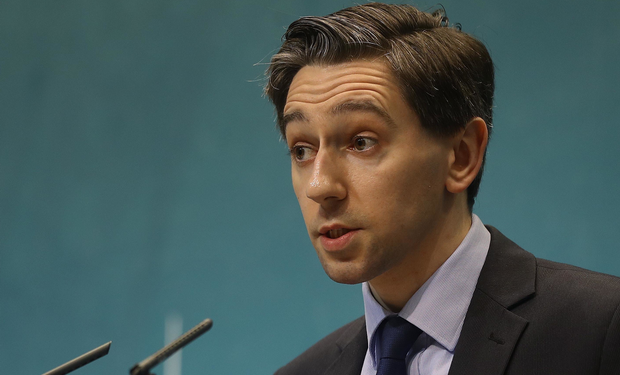A commitment within the Programme for Government to expand the healthcare role of the pharmacist within two years, has not been delivered, according to the Irish Pharmacy Union (IPU). The IPU is eagerly awaiting the commencement of negotiations with the Minister for Health so that a greater role for pharmacists in the implementation of Sláintecare can be realised.
Each year in Ireland there are nearly 78 million visits to community pharmacies, making pharmacists the most accessed healthcare professionals in Ireland. The IPU has welcomed the fact that the Sláintecare Action Plan 2019, published in March, proposes to involve pharmacists in developing more local services, however action over words is now required.
Speaking at the IPU National Pharmacy Conference in Galway, IPU Vice President Eoghan Hanly, said, “Three years ago we welcomed the Government’s commitment to expand the role of pharmacists. We have consistently put forward proposals that would help alleviate current primary healthcare deficits, offer significant savings and efficiencies to the health service. While many of our proposals have been met with apathy from the Department of Health, we continue to be enthusiastic about the additional contribution we could make and hopeful that Sláintecare will provide an opportunity for progress.
Speaking on Saturday at the IPU Conference Minister Harris stated his strong desire to work with pharmacists and to see negotiations swiftly concluded to ensure that pharmacists move past FEMPI and to providing investment to expand the role of pharmacies in primary care.
Mr Hanly welcomed these commitments stating, “We appreciate the Minister’s renewed ambition and hope that finally promises are followed by actions. We are, as we have always been, enthusiastic to work with Government to implement real and relevant improvements in primary healthcare.”
“Experience from other countries has proven that allowing pharmacists to practise to full scope delivers better patient outcomes. Pharmacists should be empowered to take pressure off other parts of the healthcare system, including GPs and hospitals, by providing accessible health care to people in their own communities.”
According to Mr Hanly, allowing pharmacists to provide healthcare has been proven to pay dividends. “Since Irish pharmacists first started vaccinating in 2011, flu vaccine deliveries have increased overall by 48%. Pharmacists now represent 15% of all flu vaccinations, with a 99% public satisfaction rate. This is why we have repeatedly proposed widening the range of vaccines that pharmacists can supply and administer to include vaccination against meningococcal disease, tetanus and hepatitis A and B, as well as travel vaccines.
“Since July 2017, we have been proposing the introduction of nicotine replacement therapy and smoking cessation counselling for medical card holders. In the UK, the NHS has promoted similar community pharmacy-based smoking cessation services and has achieved meaningful quit rates. Despite the anti-smoking rhetoric from Government, our proposal had no response.
“In response to the capacity crisis in general practice, the IPU has long advocated for a Minor Ailment Scheme. This would allow medical card patients to receive treatment for common illnesses directly from their local community pharmacy without the need for a visit to the GP. Our research estimates that full implementation of a comprehensive Minor Ailment Scheme would save 950,000 GP consultations in a single year. Following a successful pilot in 2016 we are still awaiting action from the Department of Health.”
Speaking on Saturday Minister Harris said that such schemes are proven to work adding that there is no need for any more pilots and that a wider implementation is required.
Mr Hanly argued that allowing women to access contraception direct from pharmacies, without the requirement for prescription, should be included in the Sláintecareimplementation. “There is a strong demand for pharmacists to provide contraception and this is a service we are keen to make available. HSE research has found that 47% of women would prefer to access contraception through a pharmacy. We understand an expert review of access to contraception is currently underway and so are hopeful that progress can be made.”
He concluded, stating that there was “no shortage of ambition in the pharmacy sector. This is combined with a strong desire to innovate for our patients and deliver a primary care system for all. We hope the government shares our ambition and desire and takes immediate steps to expand the scope of pharmacists, which is a win-win for everyone.”










